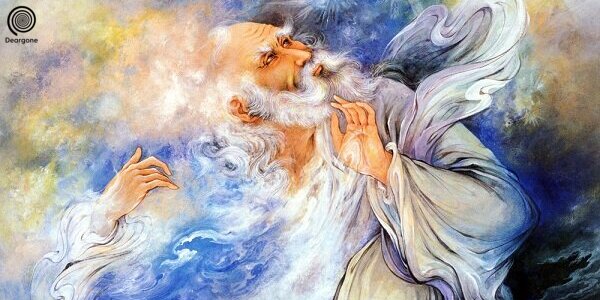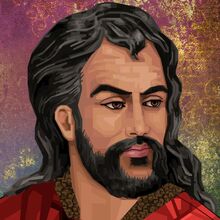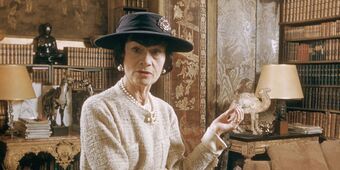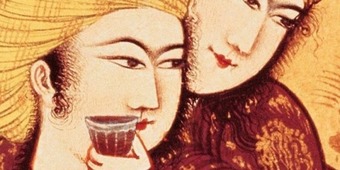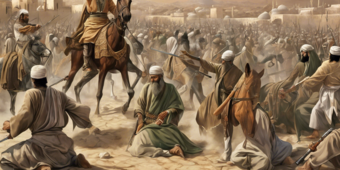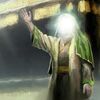Hafez and the narrative language of the poem
In the history of Iranian literature and art, poetry has always been a favorite of intellectuals and intellectuals, and the political and social conditions of different eras can be evaluated and researched by examining the works of the great literary figures of Iran. The dominance of the poetry of the social elders and its aristocracy on daily life is enough that even the medical scientist is treated with poetry, and mathematics is taught through poetry, and in general, poetry dominates all the different human arts. A poet was originally a philosopher. Considering that in the past, Iran lacked historians and narrators, perhaps the language of poetry gives us the best information about the events and happenings of Iran at that time, and through the poems of poets and their Diwans, we can understand the social conditions of Hafez's era.
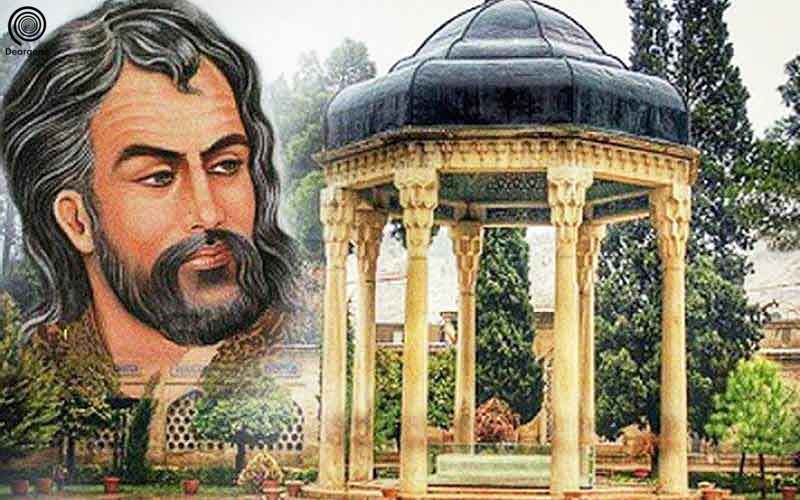
Hafez's life during the period of inflammation and collapse of the Mongol system
Hafez is one of the great poets of Iran who lived in a turbulent period, that is, after the collapse of the Mongol system in Iran and the destruction caused by the invasion of these desert tribes. Their survivors, who later sold the government of Fars among themselves, established different governments in Shiraz. Sheikh Ishaq Inju, who is a Muslim Mongol himself, bought six dongs of Shiraz from shepherd Mongols and made it his property and established the government of the Inhu dynasty. Hafez lived in Shiraz at the time of this king and was a great poet in his youth. We have very little information about Hafez's childhood. During his childhood, he studied in the presence of Allameh Gorgani, and it is said that Hafez encouraged everyone to read poetry, but when he reached Hafez, he said that you should only write poetry. read poetry
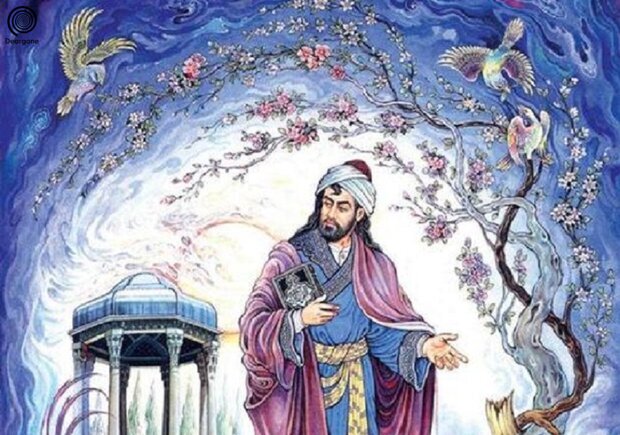
Hafiz and friendship of Sheikh Ashaf
Hafez has seen several royal dynasties from his youth to his old age, and this diversity in the types of governments has been very effective in the poet's life. In the beginning or the last king of Inju, that is, Sheikh Ishaq, he had a friendship and relationship, and he was present even in the most private moments of the king, and he was the most loved and cared for by the king and the royal family. At the same time, as can be inferred from the poet's poems: Shiraz was the era of glory and greatness, and the Shah paid special attention to literature, poetry, and music: a part of the divan is related to the poems that begin with "Yad Bad". One of the most beautiful monuments is related to Sheikh Ishaq, that is, when Muhammad Mobarez attacked Shiraz and after the defeat of the Inju dynasty, he killed Sheikh Ishaq in the garden of his house. Hafez sings this longing ghazal in the absence of his king and friend:
Remember that he was the head of the house
He saw a light from the soil of Dart
Straight as lily and flower from the effect of pure speech
It was on my tongue what was in your heart
It was in my heart that I would never be friendless
What can be done when my efforts and my heart were in vain
Indeed, the turquoise seal of Bo Ishaghi
It shone brightly, but the government was unfaithful
Did you see that laugh of Kabak Khoraman Hafez?
He was oblivious to the falcon's paw
Hafez and Mohammad Mubarez
After killing Sheikh Abu Ishaq, Amir Mubariz al-Din Muhammad established the Al Muzaffar rule in Shiraz. Now Hafez had reached the level of maturity and poetry. He saw Muhammad Mubariz as a pretender, hypocrite, ascetic, Sufi, atheist, and ascetic, and he attacked him in all his poems, albeit in a symbolic and allusive manner. He knew that this king could never be a pious and loving person. Indeed, Muhammad Mubarez was a bigoted man far from human conscience. Anyone whom he did not like and whom he saw as an opponent was put to death, even Shah Shuja said about his father that I myself witnessed that my father would rise from behind the Qur'an many times and cut off the heads of his opponents with a sword. ; He killed eight hundred people in the same way. This demonstrative man made the people so narrow in Shiraz that his son rebelled against him and when the Shah was reciting the Quran in his room, he attacked and blinded his eyes after tying him. During the time of this king, Hafez brought the hypocrisy and deception of the people around the king in the form of his poems. It is said that Govind was passing by the market one day, and he saw a sheikh sitting by a window on a buria, right in front of the busy market opening, and praying. The Sheikh's house had many rooms with many carpets, but the Sheikh had chosen this room in front of him for Riya. Hafez sat watching the Sheikh for a few minutes and then wrote this poem:
The purpose of this prayer was that I am with you
I will share the hadith of the pain of parting with you
Otherwise, what was this prayer without you?
I am sitting facing the altar and my heart is in the market
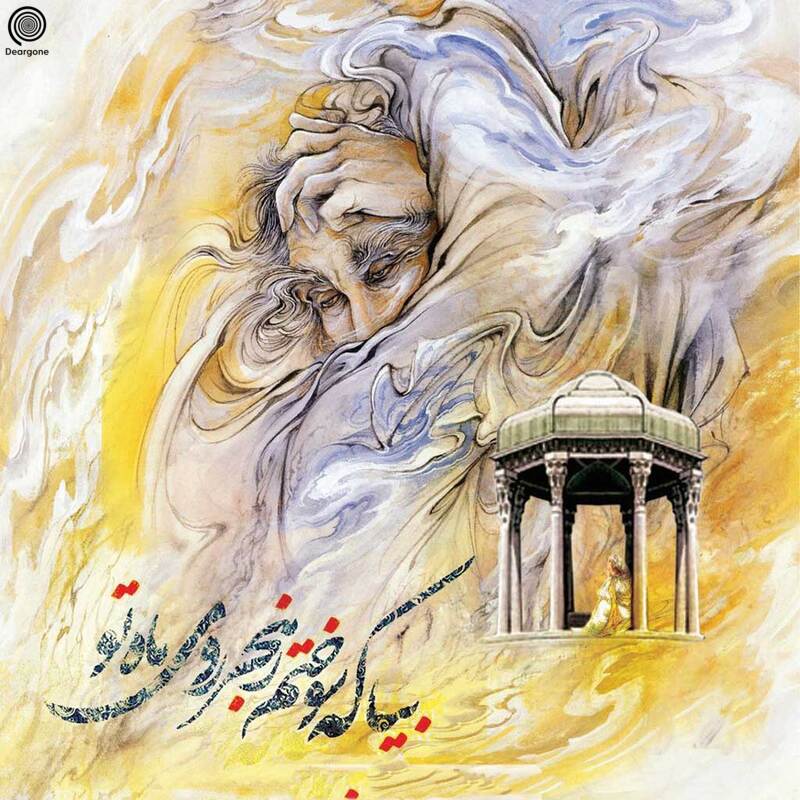
Hafez and Shah Shoja
Shah Shuja was placed on the throne of Al Muzaffar instead of his father. He was a man who loved art and cultivated art and was a self-made musician and had a good voice. The atmosphere of Shiraz during the time of this Shah was peaceful and the social and political conditions reached the best possible form. Hafez, who was staying at home until then and had been threatened many times by Mohammad Mubariz, was called to the court again when Afhid Shuja came to power and was placed next to the young Shah. The friendship and affection of these two grew so much that Hafez interfered in the Shah's most private matters and the Shah paid special attention to Hafez's words. After Shah Shoja, it was Shah Mansour's turn. He was the focus of Hafez. In his description, a famous ode is written with:
Come on, the butler will bring you back
The dignity of Fazaid brought perfection
Tell me that I am heartbroken
The weight of both has failed
Hafez and the period of Timurid rule in Iran
After the death of Shah Mansour and the extinction of Al Muzaffar's rule, Hafez came to the Timurid government and at the gate of Shiraz, despite his inner desire, he went to meet Timur Lang and faced him, and he never wrote poetry again until his death.
Hafez is a poet along with the kings
Many consider Hafez to be a praise poet who praised the kings of his era. Of course, praise is common among all poets and not only Hafez praised, but many poets paid attention to praise and praise. However, Hafez has made some changes in the way of expression, and he has changed the eulogy in the form of an ode into a ghazal, so that he is less inclined towards praise. Ghazal, although it fell from the peak of Mount Sinai in the 6th century, it moved Anuri, Saadi, Maulvi, Khaqani, Khwaja Kermani and Ibn Yamin in its rapid movement until it reached Jalga Hafat and Hafez became the final poet of Ghazal.
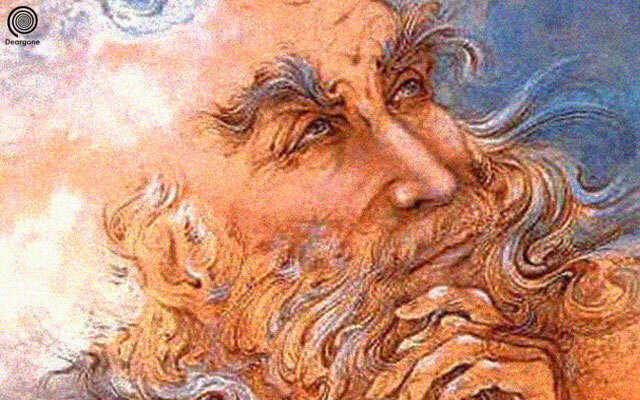
Hafez and religious philosophy
Memory has been familiar with non-Islamic philosophy and religion, Zoroastrianism, Buddhism, and Greek philosophy. It is said that he wrote Diwan Amir Khosrow Dehlavi in his own handwriting, which is available in the Tashkent Museum.
We decorate the writing with the words of professor Dr. Khalil Khatib Rahbar.
Hafez's ghazal is the embodiment of the most delicate mystical thoughts, which has a special effect in the body of smooth and eloquent words, with well-composed and careful consideration of captives, eloquence, and eloquence. has brought it to the peak of perfection in writing ghazal. Innovative techniques, especially similes and metaphors, and similes and observances, such as in Hafez's speech, reveal his imaginative power. He has also used other verbal and spiritual virtues according to the needs of the moment and he has worked so masterfully on his craftsmanship that his words will never be tarnished by the bright light of his speech, and everyone will be filled with the clarity of his speech as much as he can, and he has truly said the right thing.
No one like Hafiz could see the face of the veiled thought
The bride and groom talked to each other
See this Article : Where is hafez tomb hafezieh?
